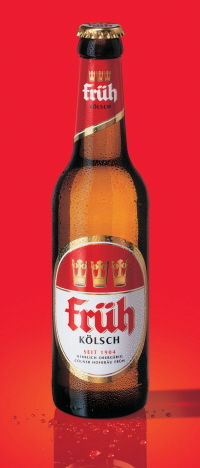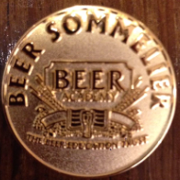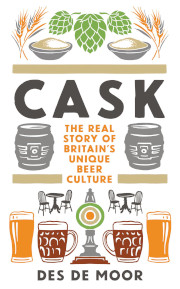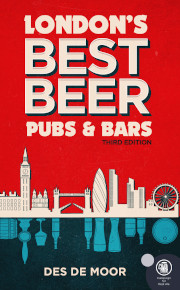Originally published in What’s Brewing July 2004
Origin: Cologne, Nordrhein-Westfalen, Germany
ABV: 4.8 per cent
Buy from Specialist stockists
Website www.frueh.de

Früh Kölsch
Kölsch is one of those delightfully idiosyncratic wrinkles of regional popular culture that makes life worth living: a beer that’s become part of the identity of a city. It might look like a pale lager, but actually it’s an ale that successfully held its own small corner against the lager tide.
The Garde brewery claims credit for the first modern Kölsch in 1892, but the style really became a local phenomenon post-World War II. In 1986 its status was assured when all the local brewers signed the Kölsch Convention, limiting the geographical origins and regulating ingredients and character. Recognised by the German government in 1996, the Convention even specifies the correct glass, the narrow cylindrical “Stange”.
Among the brand leaders of the style is Früh — or Cölner Hofbräu P J Früh to use its official title. Founded by Peter Josef Früh in 1904, originally as a small, traditional city centre brewpub, it only began bottling in 1969. Its growing popularity saw the brewery itself move in the early 1990s to a modern site in the northern suburbs while the pub swelled to become the biggest in the city. The family remains in control, however, unlike some other local brewers that have already been absorbed by the likes of major German group Brau und Brunnen and Turkish-based multinational Efes.
Früh Kölsch’s popularity is well-deserved since it’s easily one of the best and most typical examples of the style, even in the bottle. The Convention demands a clear beer so it’s filtered, though unpasteurised and, being German, made according to the Reinheitsgebot (purity law) with only water, malt and hops — in this case Hallertau and Tettnanger, with a single strain house yeast.
The resulting beer is a very delicate pale golden colour, with a lively bead and a thick, slightly bubbly white head with a hint of yellow. There’s a slight fruit sherbert quality to the aroma, along with estery bubblegum and apple scents and a delicate trace of hops.
The palate is dry and light at first but soon develops a juicy richness that betrays its warm-fermented origins, with crisp but nutty malt, grassy and flowery hops and a slightly oily texture reminiscent of some of the stronger, maltier German lagers.
The finish is soft and fresh with a subtle whiff of vanilla, emerging tangy notes and a firm but not overstated flourish of hops. Overall, it’s a subtle, characterful and very refreshing beer that’s perfect for a warm summer day.
Try also genuine Kölsch from Dom, Garde, Reissdorf, Sünner; Sainsbury’s Taste the Difference “Kölsch style lager” (UK)
Read more about this beer at ratebeer.com: http://www.ratebeer.com/beer/fruh-kolsch/7777/





Leave a Reply